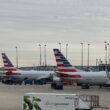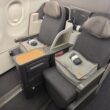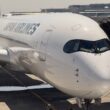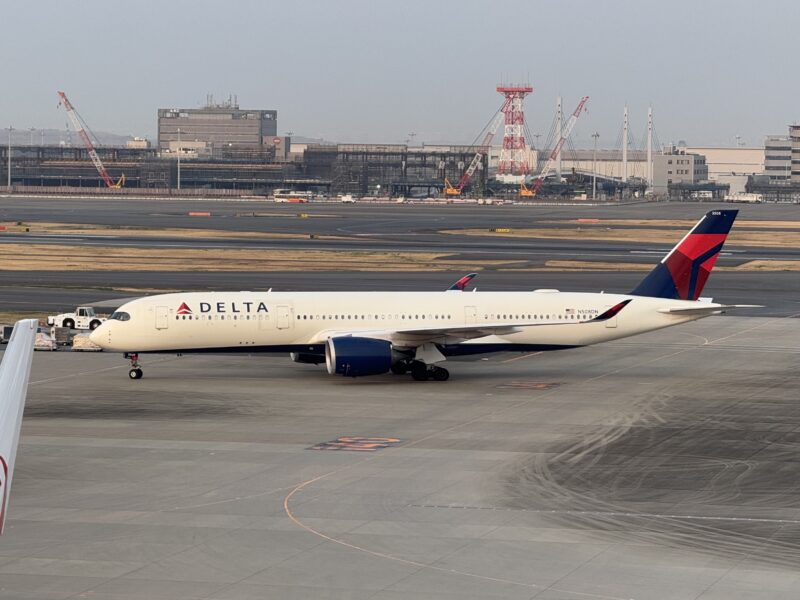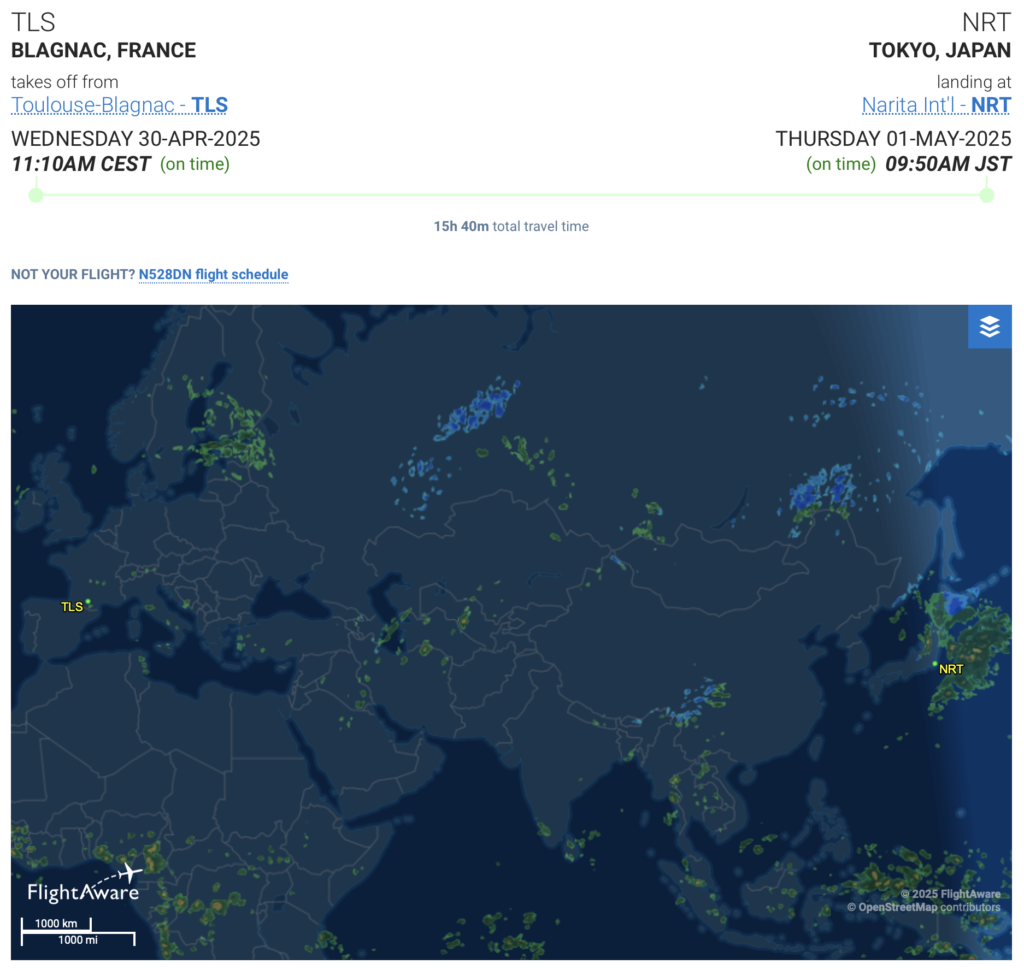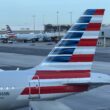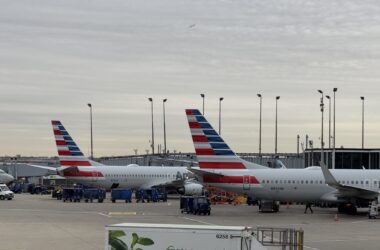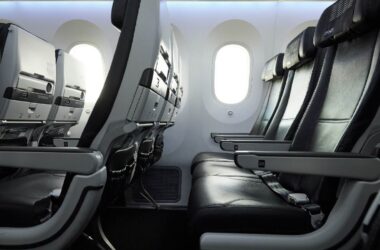Earlier this month, Delta CEO Ed Bastian came out stating that the airline would not be paying tariffs on new Airbus jets from Europe. He was firm on his point, saying that “the one thing that you need to know we are very clear on is that we will not be paying tariffs on any aircraft deliveries we take.” There was a lot of discussion throughout the aviation industry regarding this, about potential implications and whether he actually meant it or not.
This statement makes much more sense today, and it’s quite clever. Simply put, Delta will still take deliveries of new aircraft, but they’ll send them to another country other than the US and fly them internationally. Because the plane begins operational service in another country, the plane isn’t considered “new” once it arrives in the US, dodging the tariffs. Here’s an example.
N528DN is a new Airbus A350-900 aircraft for Delta. The jet is scheduled to be delivered to Delta tomorrow, noted by aviation watchdog JonNYC.
However, instead of sending the aircraft to the US, N528DN will be going to Tokyo, Japan. From here, the A350 will begin operations internationally. The plane technically is never “imported” to the US, as it’s already begun service from Japan and isn’t new anymore when it arrives in the US, thus avoiding the tariffs.
Delta uses the Airbus A350-900 almost exclusively for international flights, which allows them to do this. Narrowbody planes will be more complicated, as they mostly fly domestic routes.
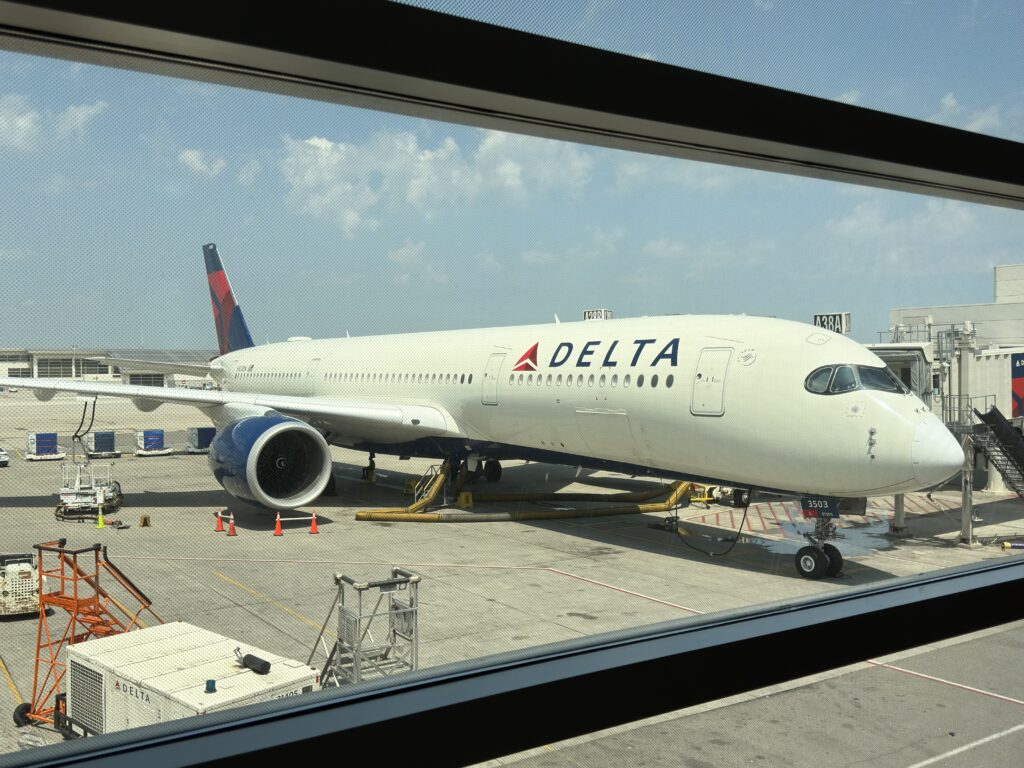
One Mile at a Time notes that this isn’t the first time Delta has done this. Back in 2019 with tariffs on European goods, the airline utilized similar strategies to avoid paying the added cost to the aircraft purchase.
In a 2019 statement, the airline said that “…we have opted to use the new aircraft exclusively for international service, which does not require importation.” An echo to today’s situation for the carrier.
Featured image by the author.

